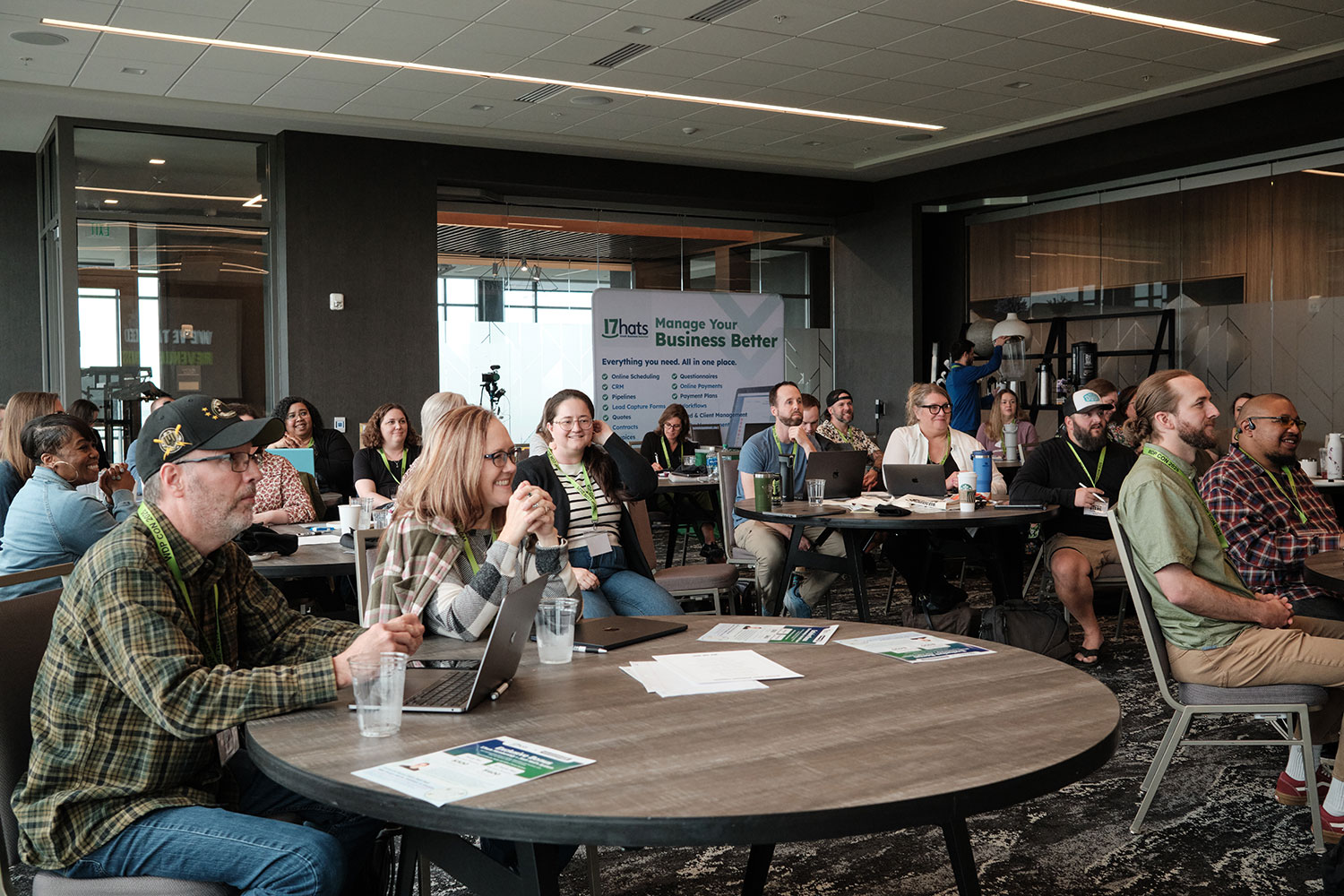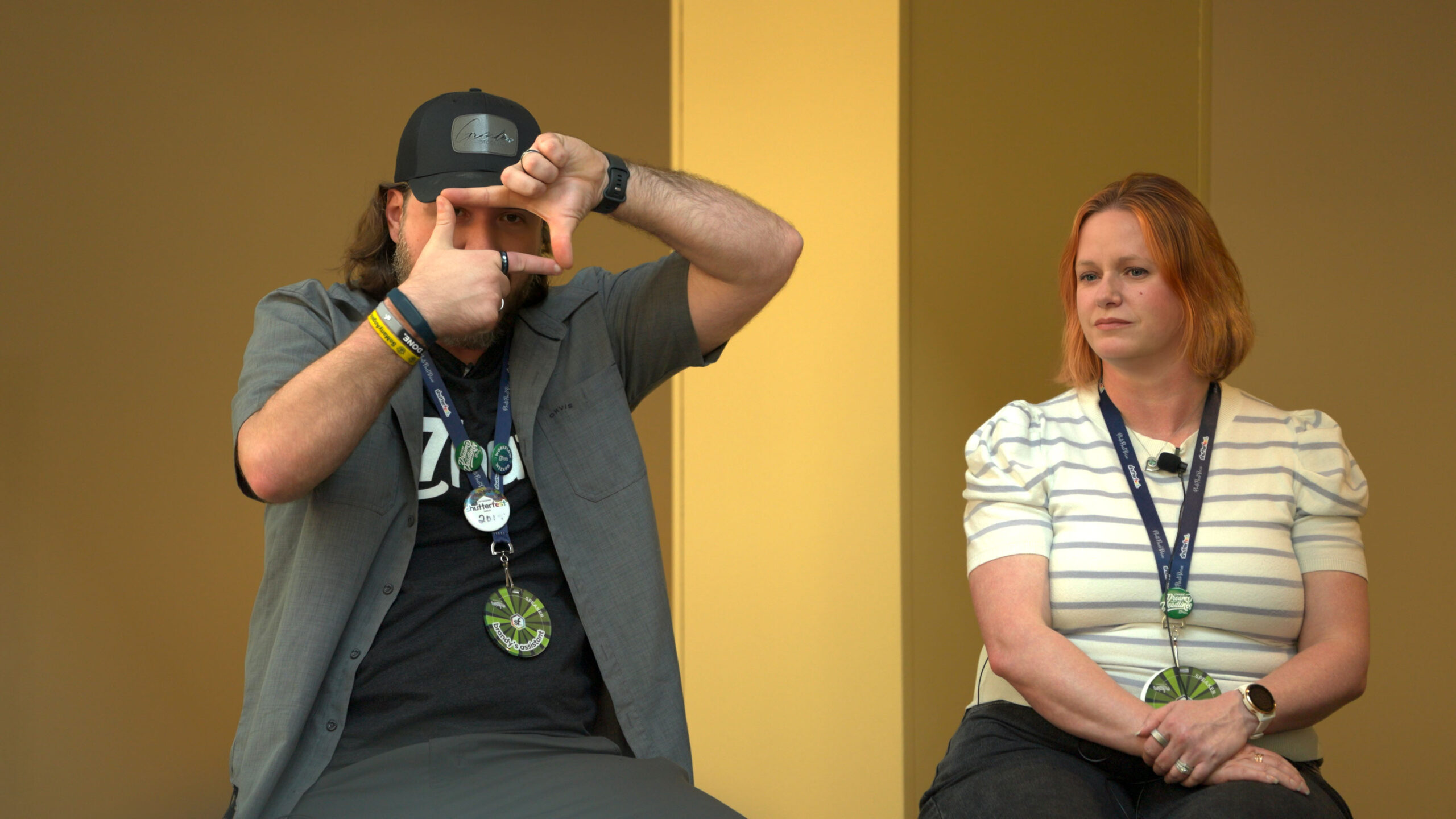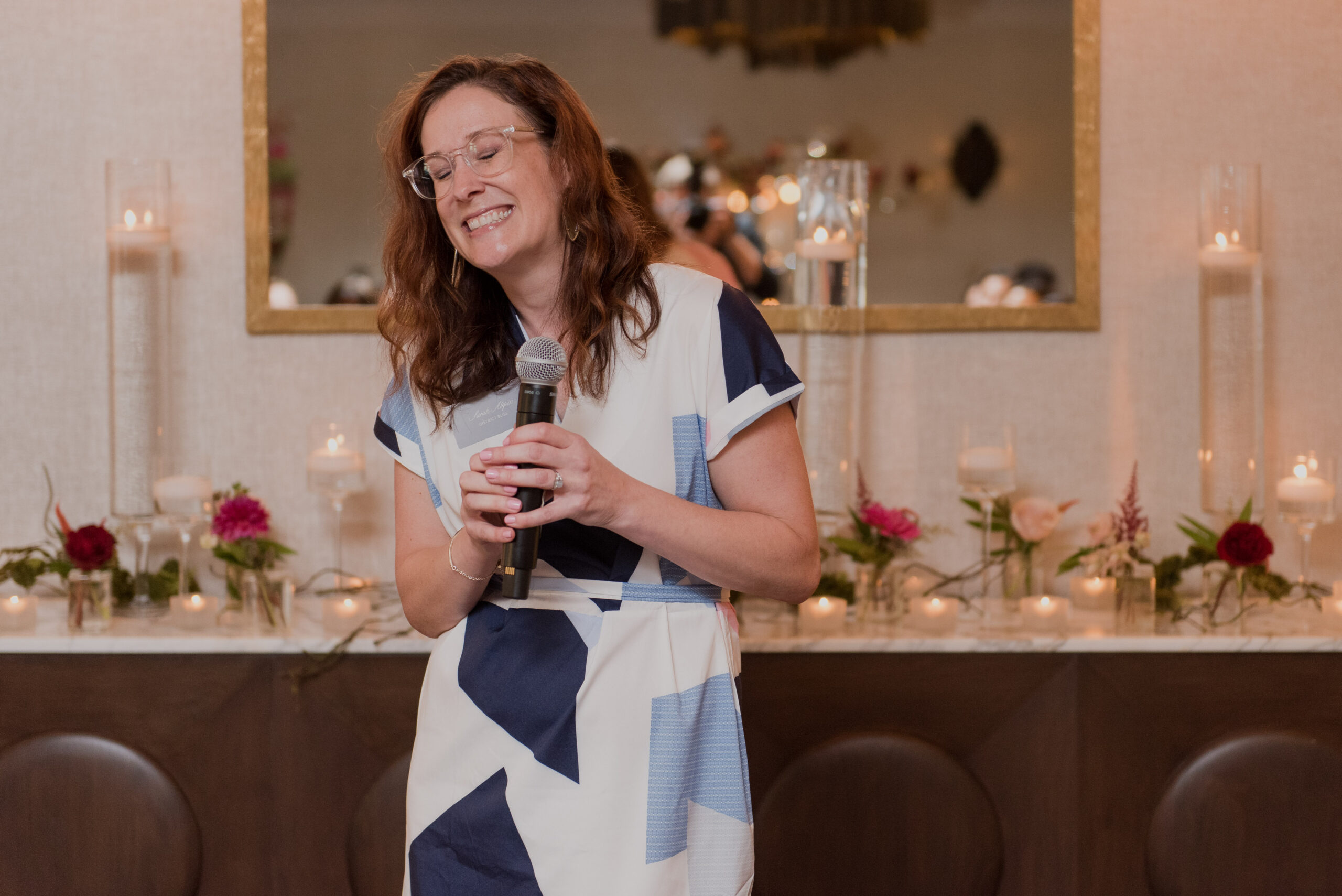
We often hear successful entrepreneurs talk about how they’ve failed before ever succeeding. They’ll say things like, “I failed, but I got back up” and then continue to talk about all their success.
The problem is they don’t pause long enough on that moment where they’ve failed. And that’s what many of us need to hear more about.
What does it look like to get back up?
I often compare business to relationships because let’s face it, both come with their fair share of heartbreak. But there’s something to be said about the broken-hearted – they are arguably the bravest among us all because they’ve dared to love somebody. The same thing goes for entrepreneurs – in order to have failed it means they were brave enough to take big risks.
Failing is not the problem. The problem is the stories we tell ourselves as to why we’ve failed.
The internal conversation goes something like this: “Ok, I’m never putting myself in a situation like that again. I screwed up. I embarrassed myself. I’m done with anymore scary big things!”
But why do we tell ourselves these stories?
The answer is because it’s easier to offload pain than it is to feel it. By putting a story to our pain as quickly as possible, we can make sense of it, categorize it, and move on. But the problem is that most of the time, these stories aren’t accurate. In fact, we tell them to ourselves because we don’t want to face our true underlying feelings.
“That’s why these stories are dangerous. Because the bottom layer to them is almost always the same: What we’re really saying is, “I am not enough.” – Brene Brown
And that’s simply not true.
As entrepreneurs, and furthermore as human beings, we need to be able to look at ourselves and say, “I know I’m not perfect, and yes, I’m afraid and vulnerable, but that doesn’t change the fact that I’m also brave and that I’m worthy of happiness and success. We all make mistakes, we all fail, and we all face rejection, but that doesn’t change that YOU ARE ENOUGH.
So the next time that you fail (and you WILL fail if you’re putting yourself out there), Brene Brown, author of Daring Greatly, recommends asking yourself these three very important questions:
- What more do I need to learn and understand about this situation?
- What more do I need to learn about the other people in this story?
- What more do I need to learn and understand about myself? (In other words, what do I really know for sure and what part of this story am I making up?)
Brown remarks, “This is the point where you really have to stay brave and be honest with your feelings. You have to be willing to find out, “What is really going on here for me? Is it Shame? Perfectionism? Trust?”
It’s important to understand that discomfort and vulnerability are the only sure emotions towards change and growth. He or she that is willing to be most uncomfortable will ultimately be the strongest and most successful.
“Discomfort is the only way home. So we must embrace it.”
Because embracing discomfort is what causes us to rise up into the fullness of who we were meant to become.
But here’s the silver lining to it all: everyone has the ability to learn this process. You can LEARN to embrace discomfort, you can learn to practice vulnerability, and you can learn to catch yourself when you’re telling yourself a story that isn’t true.
So just remember.., If you’re going to be brave, you’re going to fall.
But my friends, you will also soar.
*Inspired by Brene Brown featured on Oprah Winfrey’s Podcast of Super Soul Conversations










